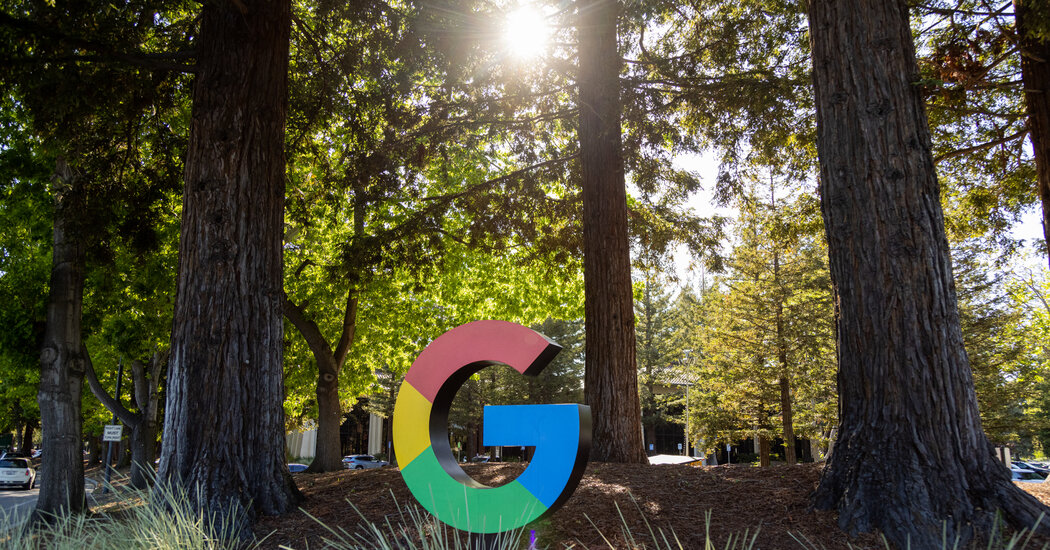The landmark ruling by Judge Amit P. Mehta was the first antitrust decision of the modern internet era in a case against a technology giant.
Google acted illegally to maintain a monopoly in online search, a federal judge ruled on Monday, a landmark decision that strikes at the power of tech giants in the modern internet era and that may fundamentally alter the way they do business.
Judge Amit P. Mehta of U.S. District Court for the District of Columbia said in a 277-page ruling that Google had abused a monopoly over the search business. The Justice Department and states had sued Google, accusing it of illegally cementing its dominance, in part, by paying other companies, like Apple and Samsung, billions of dollars a year to have Google automatically handle search queries on their smartphones and web browsers.
“Google is a monopolist, and it has acted as one to maintain its monopoly,” Judge Mehta said in his ruling.
The ruling is the most significant victory to date for American regulators who are trying to rein in the power of tech giants in the internet era. It is likely to influence other government antitrust lawsuits against Google, Apple, Amazon and Meta, the owner of Facebook, Instagram and WhatsApp.
The ruling did not include remedies for Google’s behavior. Judge Mehta will now decide that, potentially forcing the company to change the way it runs or to sell off part of its business.
The ruling capped a yearslong case — U.S. et al. v. Google — that resulted in a 10-week trial last year. The Justice Department and states sued in 2020 over Google’s dominance in online search, which generates billions in profits annually. The Justice Department said Google’s search engine conducted nearly 90 percent of web searches, a number the company disputed.
